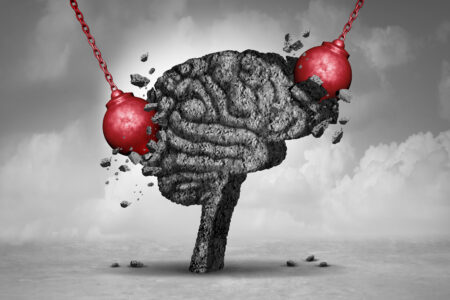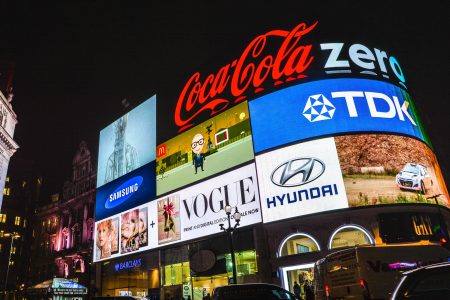Duality In Consumerism: Towards A Holistic Self-Concept
Without duality in consumerism, we’d have an easier job pinpointing the effects of mere material purchases. With the subtle addition of experientiality, however, consumerism contributes towards individuals’ self-concept and not just basic needs.
The 2 Centralities
Almost all our non-essential purchases serve a certain purpose. For the sake of broad categorization, we either make material or experiential purchases. Research by Carter and Gilovich shows that experiential purchases tend to be more satisfying than material ones. One possible explanation for that is that experiences contribute more to the concept of “self” and a closely related “life story”, whereas this doesn’t hold for the price tag attached to every material object. On the other hand, material purchases can often come with a unique sense of identity and hold a definite value for the possessor. In the end, it all comes down to what the consumer makes of it, so it’s not possible to talk about one universal truth. These two centralities are not mutually exclusive either. It’s even harder to distinguish the two in practice.
Experience For Sale
The experientiality of a purchase contributes to the ultimate concept of “self” in a variety of ways. When you pay for a concert by your favorite band, what you get isn’t tangible. Rather, you’re in the market for the experience. New experiences allow you to update your semantic and episodic memory, each of which contributes to the self-concept in its own way. Semantic memories, made up of general knowledge and beliefs, are more “rigid” and make up the core. Episodic memories, which are based on events, are more prone to bias in encoding and retrieval. In the end, “consumption” of experiential purchases is an autobiographical act. In the belief that the self is a continuous stream of autobiographical memories, we fill out more of the pages as we live and do things. And as we do things, we’ve got stories to tell and a more satisfying self-concept.
Manufacturing the Self
Buying something and attaching great personal value to it can often be misleading. Even from a neutral standpoint and not necessarily an anti-materialistic perspective, it is worth considering marketing tricks for manufactured items.
A good example is the IKEA effect. IKEA sells furniture in a disassembled fashion, and customers can often place an unreasonably high value on IKEA products simply because they “made them themselves”… to some extent. So maybe it’s not the Kleppstad wardrobe that is so special to us, but the experience and the feeling of self-competence that comes with it. This means we can’t think of that wardrobe independently of the personal experience we attach to it. At that point, the experientiality of that purchase becomes relevant. What good is a shiny new car if you can’t drive around and create memories with it, right? Besides, it would be wrong to ignore the utilitarian side of material purchases, which can ultimately be attributed to experience. The music lover’s self-concept isn’t satisfied with a mere concert experience. A decent stereo setup or a good pair of headphones enhance the personal musical experience as well. So in the end, experiential and material purchases are often complementary.
Maslow’s Input
To elaborate further, we could also refer to Maslow’s hierarchy of needs. Above physiological and safety needs, which are basic needs, belongingness and esteem make up the psychological needs. Something you purchase and wear could boost your self-esteem, for instance. Or that same object could be a sign of prestige, depending on whether the purchaser values that sort of influence. At the very top of the pyramid, we have self-actualization. This is the self-fulfillment you feel at realizing your full potential and fully developing your abilities. In Maslow’s own words: “[...] a musician must make music, an artist must paint, a poet must write, if he is to be ultimately happy” (Maslow, 1943). From a consumerism point of view, this relates to the experientiality of a purchase. Being able to invest in a hobby can be a privilege, and must seem far off to somebody stumbling up the earlier steps of Maslow’s pyramid.
Conclusion
In short, purchases we make can roughly be characterized as material and experiential. The primary goals are to possess and to do, respectively. These concepts often overlap, and we can’t ignore one while talking about the other. Ultimately, both are about fulfilling self-concept. Not everything we need may come with a price tag, but it won’t hurt to buy a nice customized coffee cup and drink away!




